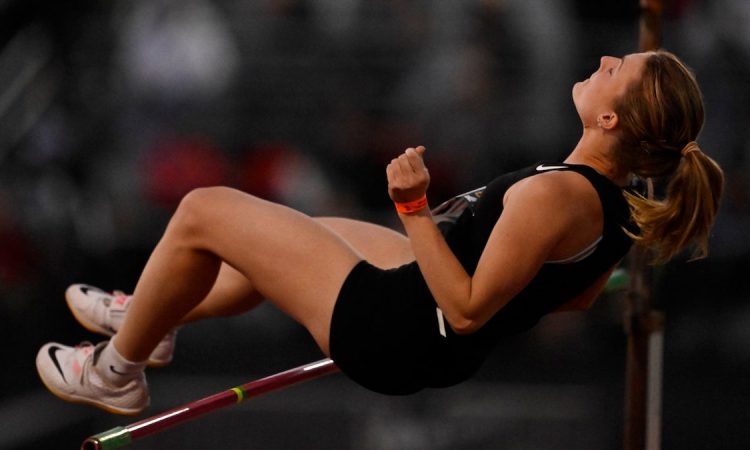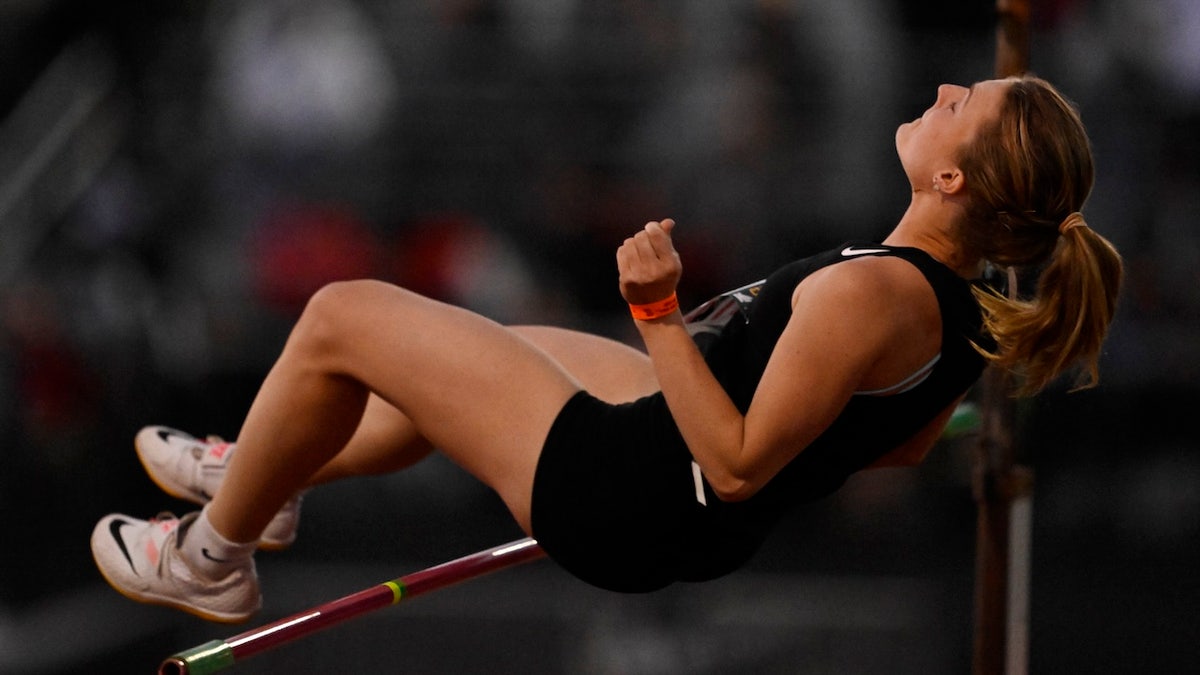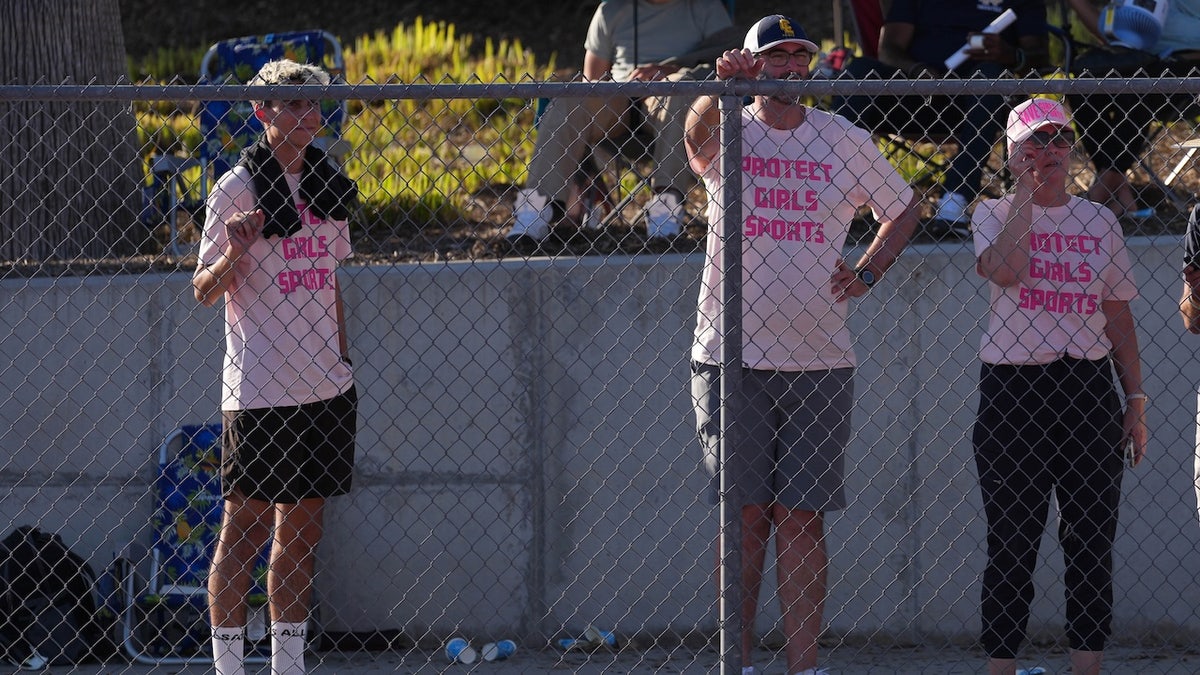Fair Play or Foul? California Track Meet Ignites Fiery National Debate Over Trans Athletes in Girls’ Sports

As young female athletes watch their dreams slip away, a high school track meet becomes the latest battleground in America’s culture war—raising urgent questions about fairness, identity, and the future of women’s sports.
ARCADIA, Calif. — The sun blazed over the California Interscholastic Federation (CIF) Southern Section Finals last Saturday, but the heat on the track was nothing compared to the firestorm erupting off it. What should have been a celebration of young athleticism turned into a flashpoint in the nation’s escalating debate over transgender athletes in girls’ sports—a debate now tearing through locker rooms, legislatures, and the highest levels of government.

At the center of the storm: a biologically male transgender athlete who clinched first place in both the girls’ long jump and triple jump, leaving female competitors grappling with frustration, heartbreak, and a gnawing sense of injustice.
“I Could Never Compete With That”
Katie McGuinness, a senior at La Canada High School, had trained for years for this moment. But as she watched her 18.9-foot long jump mark fall short of the winner’s distance, she felt a crushing realization.
“There was nothing else I could do,” McGuinness told Fox News, her voice steady but resolute. “I’m a high school senior, and winning CIF has always been my dream. But I wasn’t competing against someone like me. I was competing against someone genetically different.”
Her words echo a growing outcry from female athletes nationwide: Should biological males be allowed to compete in girls’ sports?
McGuinness wasn’t alone in her dismay. Reese Hogan of Crean Lutheran High School, who placed second in the triple jump, made a silent but powerful statement—stepping onto the first-place podium after the winner stepped down, a photo that exploded across social media.
“It’s sad to watch,” Hogan said earlier this month. “He’s talented, but he belongs in the boys’ division. No amount of training can bridge the gap between male and female physiology.”
A Political Powder Keg
The controversy has thrust California into direct conflict with the Trump administration, which has taken a hardline stance against transgender participation in women’s sports. Just days before the meet, the U.S. Department of Education issued a sharp warning to the CIF, accusing it of violating federal civil rights law by allowing the athlete to compete.
“CIF’s apparent flouting of federal law is indefensible,” said Department of Education spokesperson Julie Hartman, referencing an ongoing Title IX investigation into the league.
California Gov. Gavin Newsom, who once called the inclusion of trans athletes in girls’ sports “deeply unfair,” has remained conspicuously silent as his state’s policies face national scrutiny. Meanwhile, the Biden administration has signaled support for trans inclusion, setting the stage for a legal and ideological clash with no easy resolution.

Protest, Pride, and a Divided Nation
At the prelims, spectators donned “Protect Girls Sports” shirts—some of which were reportedly confiscated by officials, further fueling accusations of suppression. Hogan herself wore one at a press conference, insisting her protest was “not against the athlete, but against unfairness.”
The athlete in question, representing Jurupa Valley High School, has not publicly commented. The school district maintains it is following state law, which since 2014 has allowed trans students to compete according to their gender identity.
But for McGuinness, Hogan, and countless young female athletes, the issue is personal.
“This isn’t about hate,” McGuinness said. “It’s about fairness. And right now, fairness is losing.”
As the national debate rages on, one thing is clear: This is more than a track meet. It’s a microcosm of America’s culture war—and the stakes for the next generation of women athletes have never been higher.




